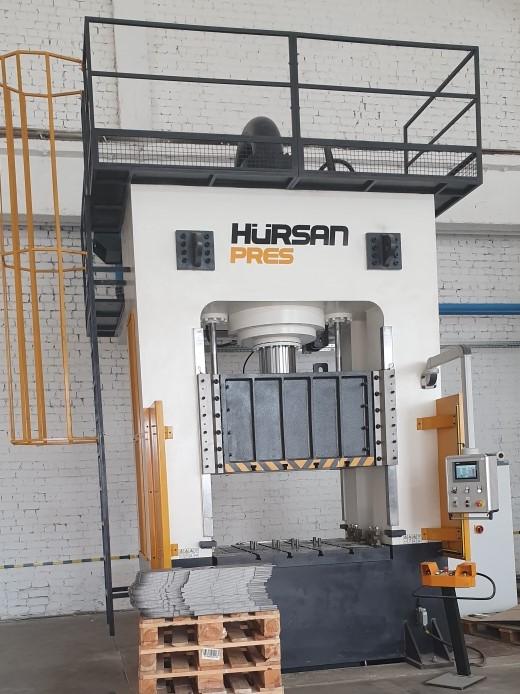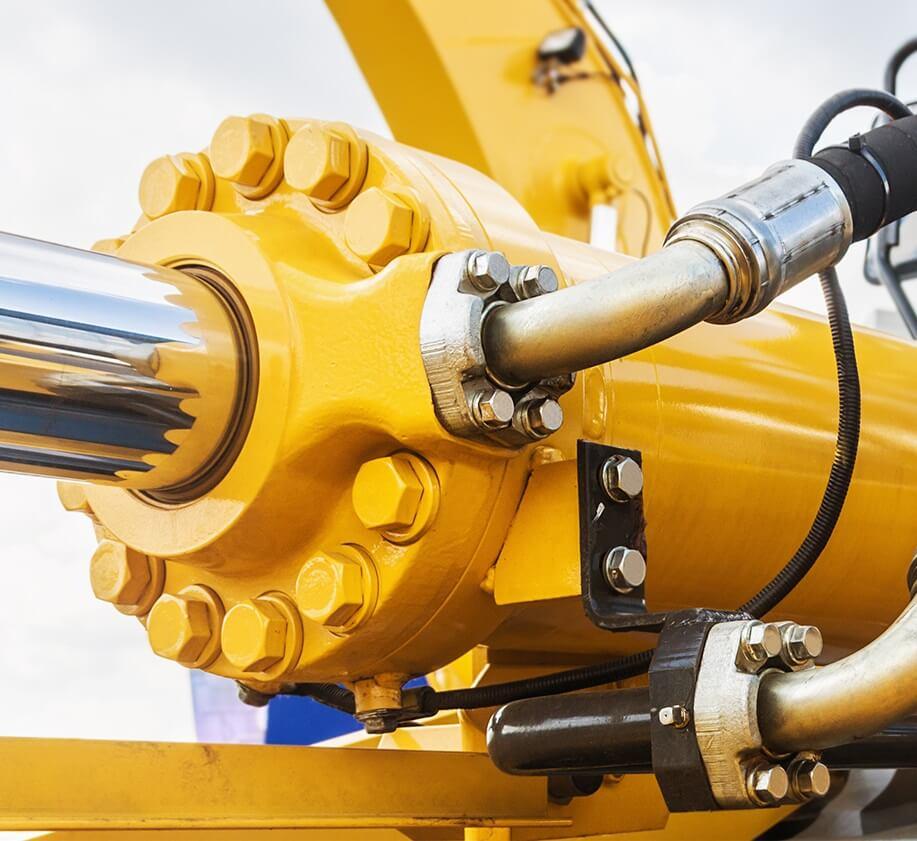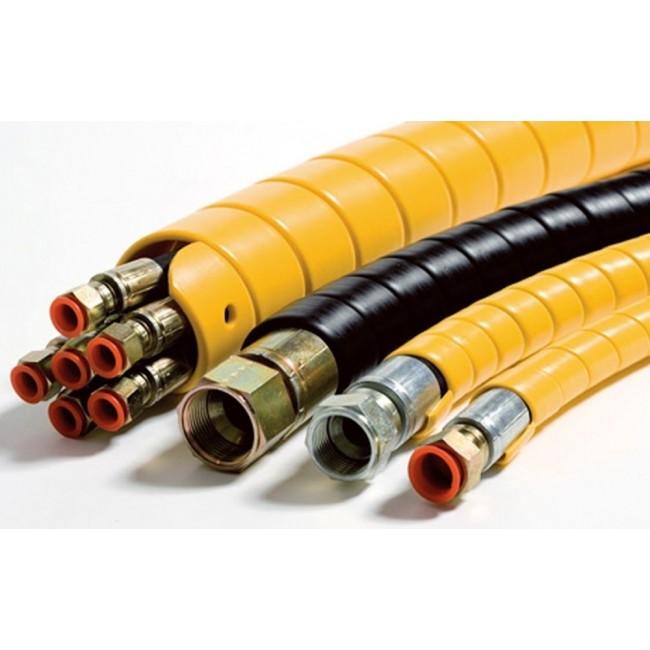Blog

Repair, rebuild, or scrap the press?
A stamping press expert provides some guidance
With the capacity utilization rate for the fabricated metal products sector hovering near 80 percent for most of this year, you know that metal part manufacturers are busy folks. As a result, they need their stamping presses up and running to keep up with increased job orders.
Meanwhile, press repairs that have been postponed over the past several years are starting to become a real problem for metal forming operations struggling to balance downtime with production realities. Additionally, any lack of press maintenance becomes clearly evident as the press equipment, although built to last, begins to show its age as it is pushed beyond what can be expected of a neglected machine.
So when the stamping press stops running, the question has to be asked: Repair or rebuild? That depends on the circumstances and the amount of money that is set aside for the project.
Typically, many people involved in press repair and rebuild activities say that to rebuild a press costs about two-thirds of a new machine cost when the rebuild includes electrical updates. Truthfully, no one really knows the cost of a rebuild—or a repair that’s not visible to the naked eye—unless disassembly of the press occurs. In some instances, the best advice is to scrap the press and look for a rebuilt used one or a new one.
For the record, this discussion is limited to making repairs and rebuilding to original OEM specs. Any change made to a stamping press, such as a new control system, is considered a press upgrade and is worthy of an entirely different debate for stamping shops looking to modernize equipment. Read more…

Hydraulic Oil. Don’t forget to lubrucate!
A hydraulic oil expert provides some guidance
Hydraulic oils are the most important component of any hydraulic system and play an important role in ensuring the functioning of the equipment. They prevent premature wear of parts and contribute to the normal operation of machines at various humidity and ambient temperatures.
Hydraulic systems are used in metallurgy and energy, in metalworking and the production of plastic products, in handling and woodworking equipment, in construction, manufacturing, agricultural machinery, automotive, etc. They are used in the processing of scrap metal, waste paper and solid household waste.
Main functions of the hydraulic fluid:
Power transmission is the main purpose of using hydraulic fluid. Efficient transmission of hydraulic power requires a fluid that does not compress and flows easily in the hydraulic circuit.
Lubrication – Equipment used in hydraulic systems is typically manufactured with high precision and all moving parts must be properly lubricated to minimize friction and wear. Read more…

Broken Hydraulics: Repair or Replace?
A hydraulic cylinders expert provides some guidance
Quite a lot of people ask if a broken hydraulic cylinder should be repaired or simply replaced. A hydraulic cylinders expert provides some guidance and explain the pros and cons of both approaches.
If you own or renting hydraulic systems or equipment, it’s likely that you already have an idea of the cost involved in replacing or repairing certain parts of the tool. Below is an analysis of both repair and replacement to equip you with the correct information you need to make the right decision.
Repair
From time to time, the hydraulic cylinder might sustain damage leading to premature failure for minor reasons which are easy to fix. Lots of the parts that are manufactured to high standards can survive for years without requiring a full replacement, as only small repairs are necessary to keep the components working. Read more…

Hydraulic Hoses Repair.
Some guidance on how to fix hydraulic hose yourself
Many vehicles and industrial equipment use hydraulic hoses. These hoses usually are quite durable and reliable, but if you use them long enough, eventually one will leak or break. This issue will definetely lead to decreased production efficiency, increased costs, environmental damage or worksite injuries. When this happens, it is best to contact a certified professional who specializes in testing and repairing hydraulic hoses. Read more…
